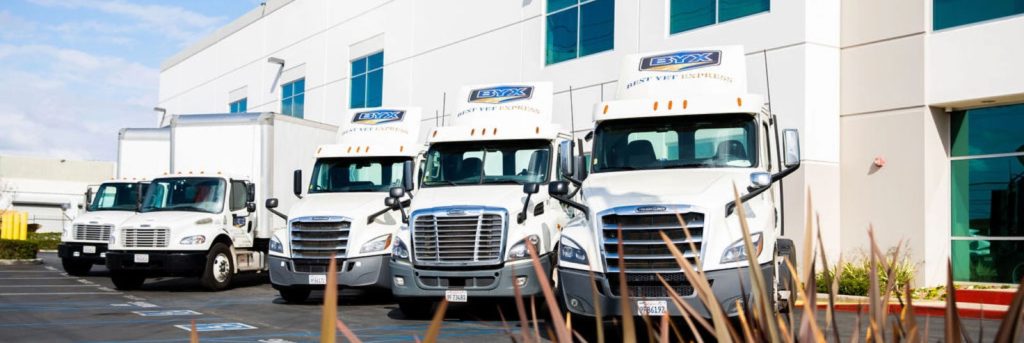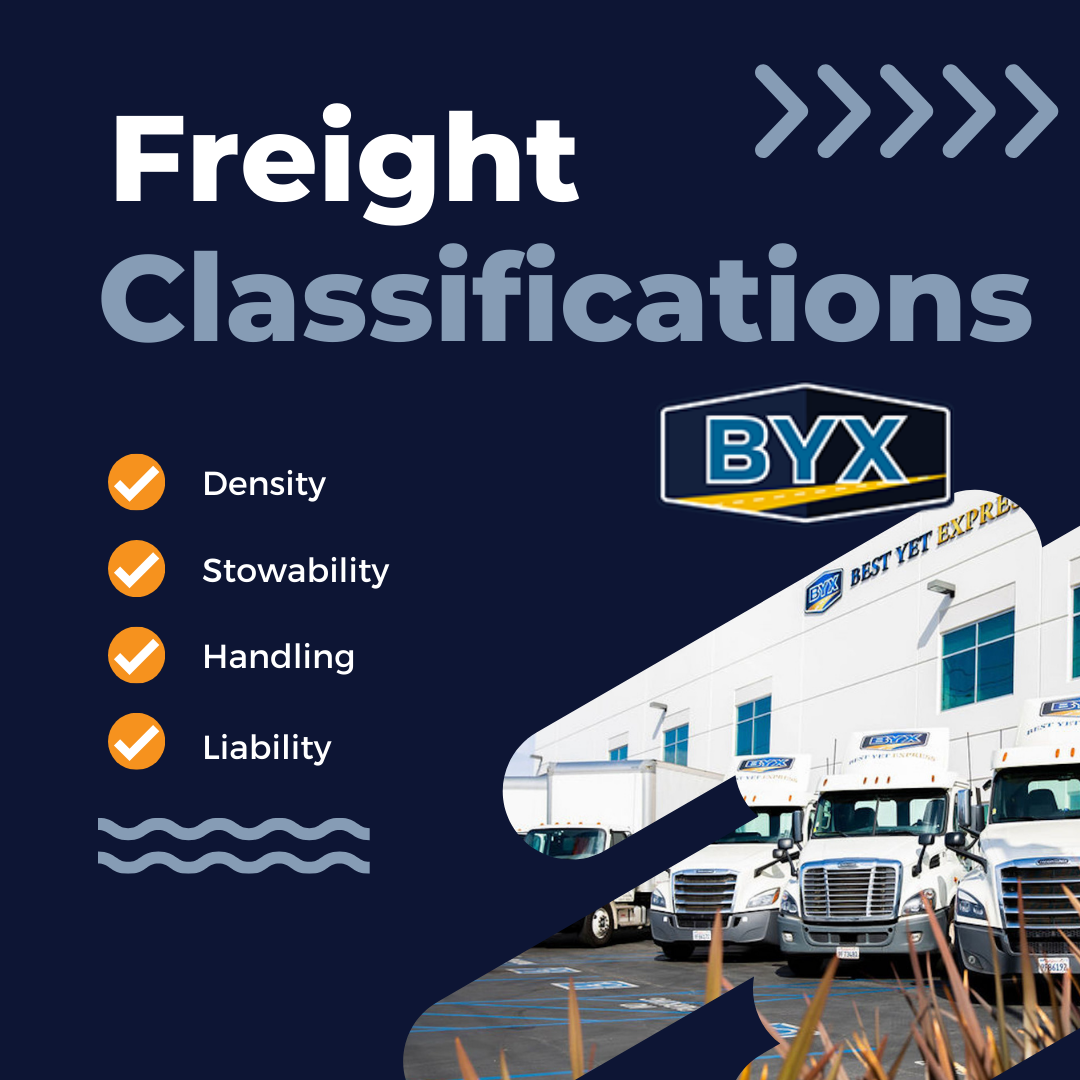The economy is a dynamic entity that ripples through various sectors, influencing their growth, stability, and overall performance. One such industry that intimately feels the effects of economic fluctuations is the trucking industry. As a critical link in the supply chain, trucking is not only a barometer of economic health but also a key player in its own right. Let’s take a look into the intricate relationship between the economy and the trucking industry, exploring how economic changes can cause significant shifts in the world of transportation.
The Backbone of Commerce
The trucking industry is often referred to as the “backbone of commerce,” and for good reason. It’s responsible for the movement of goods across cities, states, and even countries. From raw materials to finished products, groceries to electronics, almost everything we use on a daily basis has spent time on the back of a truck. This vital role makes trucking highly sensitive to economic changes.
Economic Boom: A Surge in Demand
During economic booms and periods of growth, consumer spending tends to rise. People have more disposable income and are more inclined to purchase goods. This uptick in demand naturally translates to increased shipments, requiring more trucks to transport products. The trucking industry sees a surge in activity during these times, as companies rush to keep up with the rising consumer demand. Truck drivers are in higher demand, and freight rates often increase due to the competition for transportation services.
Economic Downturn: The Domino Effect
Conversely, economic downturns have a domino effect on the trucking industry. Reduced consumer spending and decreased industrial production lead to a decline in shipments. As businesses cut back on production, the need for raw materials decreases, affecting the transportation of those materials as well. Trucking companies may face reduced demand, which can lead to excess capacity in the market. This oversupply of trucking services can drive down freight rates, impacting the profitability of trucking businesses.
Fuel Prices and Operating Costs
Fuel prices are another critical factor tied to the economy’s impact on the trucking industry. Fluctuating oil prices can significantly influence the cost of operating a fleet of trucks. When the economy is thriving, oil demand rises, potentially driving up fuel prices. This increase in operating costs can put pressure on trucking companies’ profit margins.
Innovation and Automation
The trucking industry isn’t just passively affected by economic changes; it also adapts to them. As technology advances, automation and innovation play a significant role in mitigating some of the industry’s challenges. For instance, during times of high demand, trucking companies might turn to logistics optimization software to streamline routes and increase efficiency. In contrast, during economic downturns, the adoption of autonomous trucks could help reduce labor costs and maintain shipping capacity even with reduced demand.
The economy and the trucking industry share a dynamic and symbiotic relationship. Economic fluctuations, whether upward or downward, have a direct impact on the demand for trucking services. As a key player in the supply chain, the trucking industry serves as an indicator of broader economic health while being shaped by the very changes it reflects. Whether navigating through times of abundance or overcoming challenges during economic downturns, the trucking industry’s ability to adapt and innovate remains a testament to its resilience within the intricate web of global commerce.








